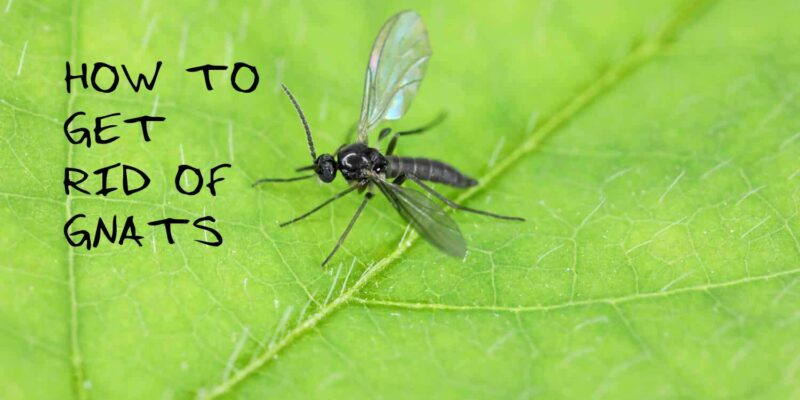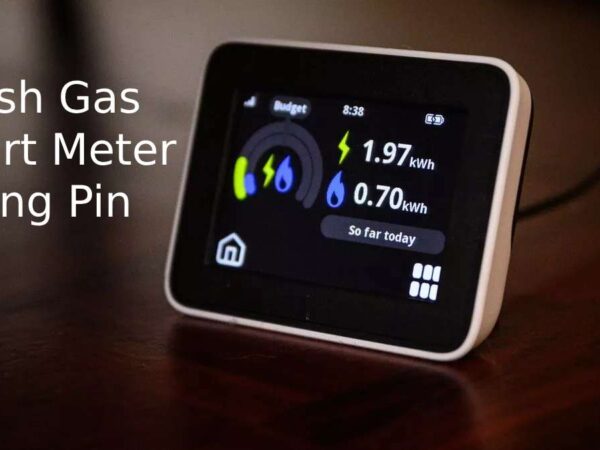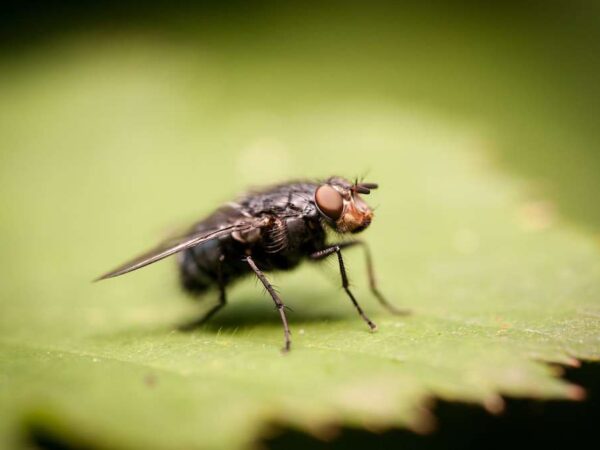How to Get Rid of Gnats? Gnats are tiny flying insects that can be quite a nuisance in your home or garden. They are attracted to moist environments and are commonly found near potted plants, fruits, and vegetables.
Dealing with a gnat infestation can be frustrating, but with the right approach, you can effectively get rid of these pesky pests. In this article, we will provide you with a step-by-step guide on how to get rid of gnats and prevent them from returning.
Understanding Gnats
Gnats belong to the Nematocera suborder and are often confused with fruit flies due to their similar appearance. Some common types of gnats include fungus gnats, fruit flies, and drain flies.
How to Get Rid of Gnats?
Gnats can quickly multiply and become a nuisance in your living spaces. They are attracted to areas with moisture and organic matter, making kitchens, bathrooms, and gardens prime targets. Here are some points to get rid of gnats:
Identifying Gnat Infestation
To effectively get rid of gnats, it’s crucial to identify whether you have a gnat infestation. Look out for signs such as tiny flying insects near plants, a sudden increase in indoor gnats, or small larvae in your drains. Identifying the specific type of gnat will help you tailor your control methods accordingly.
Prevention Methods
Preventing gnat infestations is key to maintaining a gnat-free environment. Start by eliminating their breeding grounds, such as stagnant water, decaying organic matter, and damp areas. Properly store food and ensure your home is well-ventilated. Regularly inspect and clean drains, garbage disposals, and potted plants to prevent gnat reproduction.
Natural Remedies
If you prefer natural solutions, several remedies can help you get rid of gnats. Some popular options include vinegar traps, homemade gnat repellents using essential oils, and introducing carnivorous plants like the Venus flytrap. Natural remedies are safe, environmentally friendly, and often effective in controlling gnat populations.
Chemical Solutions
In severe gnat infestations, chemical solutions may be necessary. Look for insecticides specifically designed for flying insects and follow the instructions carefully. It’s important to choose products that are safe for indoor use and avoid excessive pesticide application.
Gnat Traps
Gnat traps are an effective way to catch and eliminate adult gnats. You can create DIY traps using apple cider vinegar, dish soap, or red wine. Alternatively, you can purchase ready-made sticky traps or light traps designed specifically for flying insects. Place the traps in areas where gnats are most active, such as near plants or fruit bowls.
Gnat-Free Home Maintenance
Maintaining a clean and dry home is crucial to prevent gnat infestations. Regularly clean countertops, sinks, and garbage cans to remove any food residues that may attract gnats. Keep windows and doors screened to prevent them from entering your home. Additionally, fix any plumbing leaks and ensure proper drainage in your garden.
Gnat Control in the Garden
If your garden is infested with gnats, there are several steps you can take to regain control. Start by removing any decaying organic matter, such as fallen leaves or rotting fruits. Consider using beneficial nematodes, which are microscopic organisms that feed on gnat larvae. Applying insecticidal soap or neem oil can also help control gnat populations.
Gnat Control for Houseplants
Houseplants are common breeding grounds for gnats. To prevent infestations, avoid overwatering your plants and ensure proper drainage. Use sticky traps near the plants to catch adult gnats, and consider repotting your plants with fresh soil to eliminate gnat larvae. You can also apply a thin layer of sand on the soil surface to deter adult gnats from laying eggs.
Dealing with Fruit Flies
Fruit flies are often mistaken for gnats due to their similar appearance. To get rid of fruit flies, store ripe fruits in the refrigerator or in sealed containers. Clean your kitchen thoroughly, paying attention to areas where fruits and vegetables are stored. Use fruit fly traps or homemade vinegar traps to catch and eliminate these tiny pests.
FAQs
Are gnats harmful to humans?
Gnats are generally not harmful to humans, but their presence can be irritating. Some people may experience mild allergic reactions to gnat bites. However, certain types of gnats, like eye gnats, can transmit diseases. It’s best to take preventive measures and eliminate gnats to avoid any potential health risks.
How long does it take to get rid of gnats?
The time it takes to eliminate gnats depends on the severity of the infestation and the control methods used. With a consistent and comprehensive approach, you can significantly reduce gnat populations within a few weeks.
Can I use bleach to kill gnats in drains?
Bleach can be used to kill gnats in drains, but it’s not the most effective solution. Gnats can develop resistance to bleach over time. Instead, consider using a mixture of vinegar and baking soda to flush out and kill gnat larvae in drains.
Can gnats damage plants?
Yes, certain types of gnats, such as fungus gnats, can damage plants. The larvae feed on the roots of plants, leading to stunted growth and wilting. If you notice signs of gnat infestation in your plants, take immediate action to prevent further damage.
How can I prevent gnats from returning?
To prevent gnats from returning, maintain good sanitation practices, eliminate their breeding grounds, and regularly inspect and clean areas where gnats are commonly found. Additionally, ensure proper ventilation and moisture control in your home to make it less attractive to gnats.
Conclusion
Getting rid of gnats requires a multi-faceted approach that includes identifying the type of gnat, implementing preventive measures, and using appropriate control methods. By following the strategies outlined in this article, you can effectively eliminate gnats from your home and garden, creating a gnat-free environment for yourself and your family.









